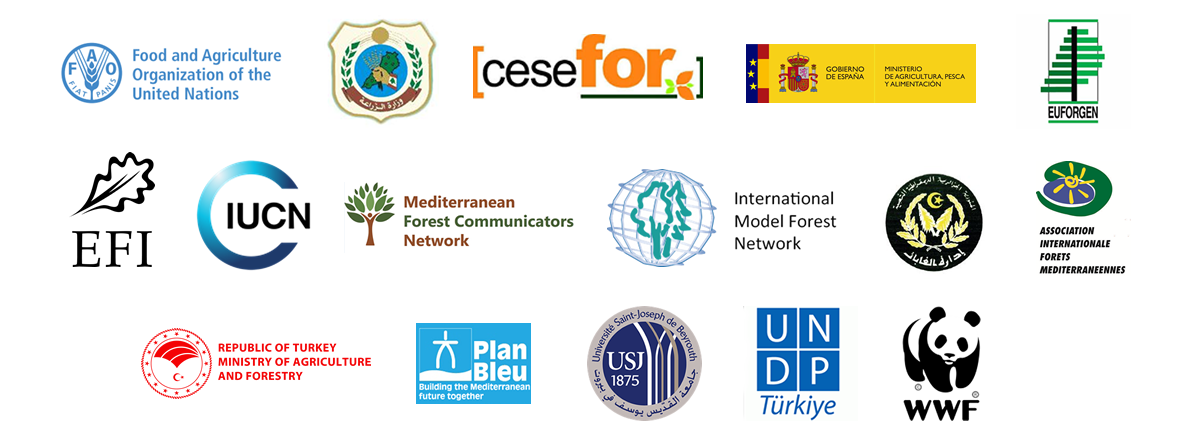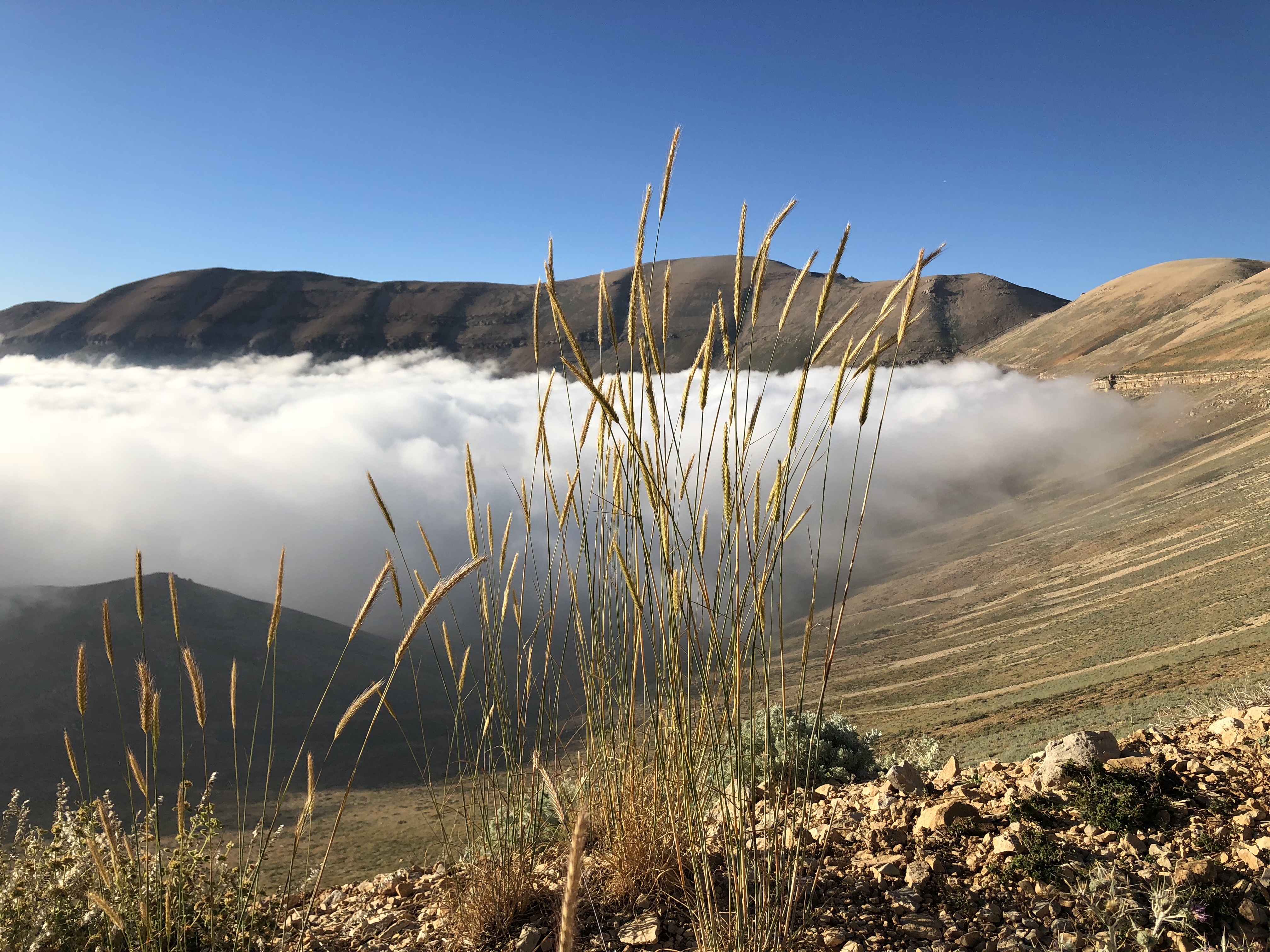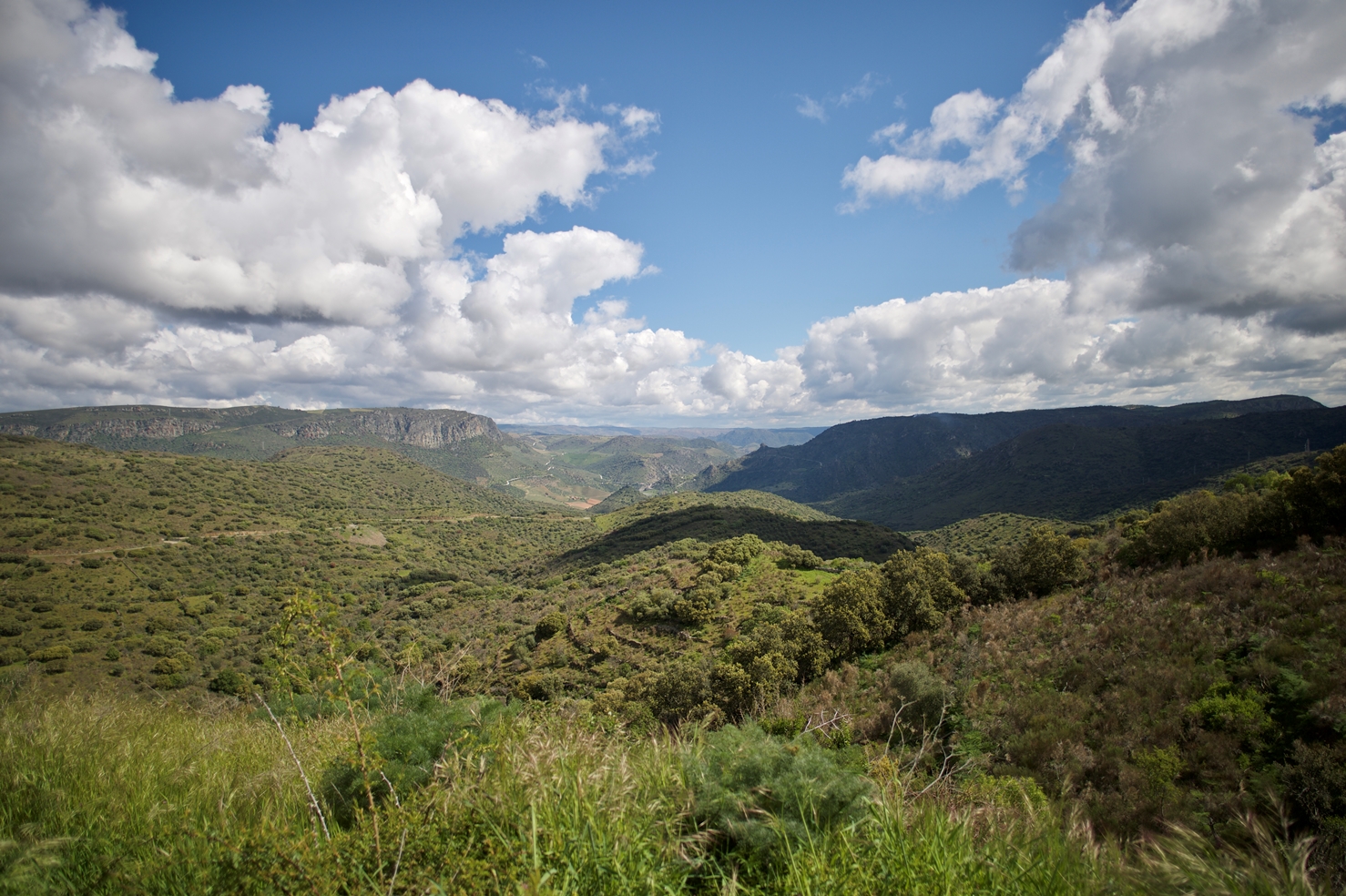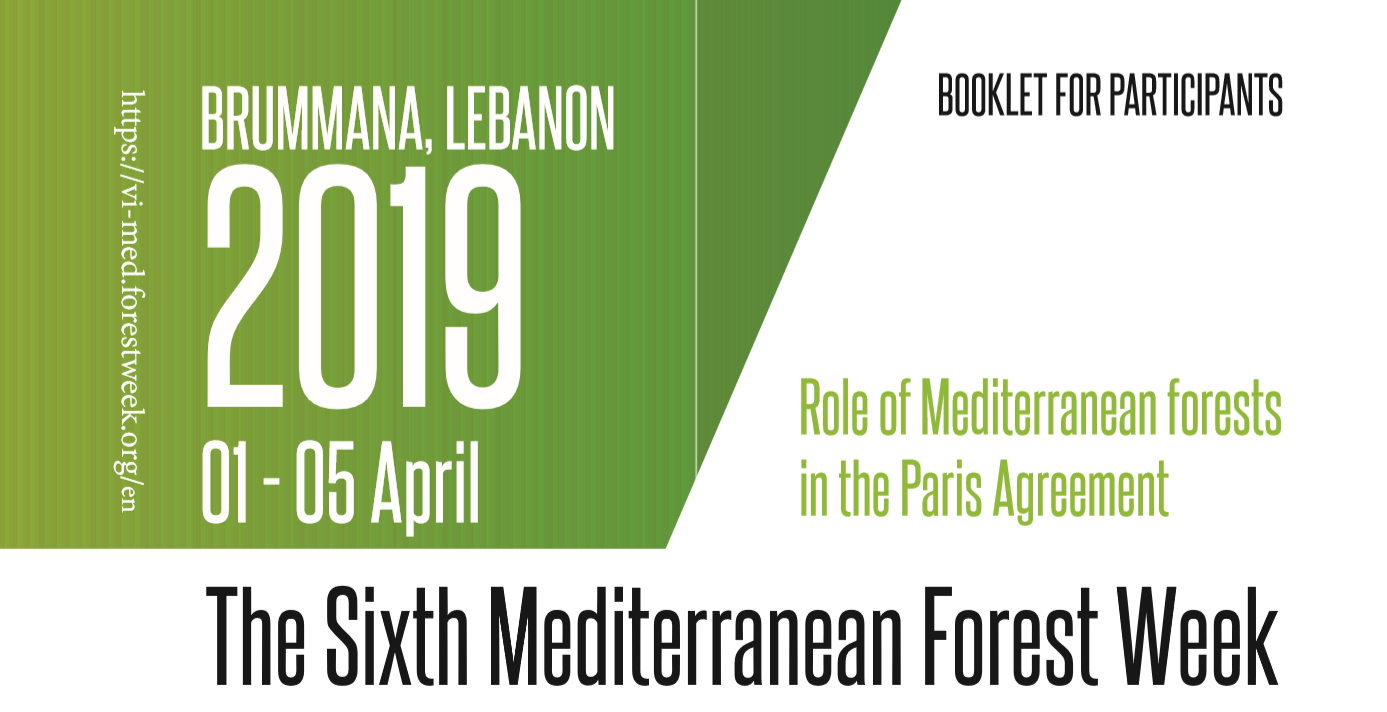Side Event: Preservation and valorization of Mediterranean forests from mass tourism impact.
The State of Mediterranean Forests 2018 (http://www.fao.org/3/CA2081EN/ca2081en.PDF) establishes that tourism is one of the primary drivers of environmental degradation, along with urbanization, transport, business and industry, and agricultural developments.
Tourism is a key pillar of Mediterranean economies, a constant source of employment (11.5% of the total number of jobs in 2014) and economic growth (11.3% of the region’s GDP). Tourism is, therefore, a potential source of income for local populations, under conditions of sustainable management. Tourism, while currently a source of environmental degradation, can also be considered a service provided by ecosystems, particularly forest ecosystems. Unfortunately, the prospect of deriving short-term financial benefits from tourism outweigh incentives to conserve biodiversity and ecosystem services.
The INHERIT INTERREG MED integrated project on “Sustainable tourism strategies to conserve and valorise the Mediterranean coastal and maritime natural heritage”, aims to enhance protection measures while promoting valuable natural heritage in a sustainable manner.
One of its objectives is to take inspiration from best practices experiences in the Mediterranean coastal areas to replicate and scale up, at local, regional and national levels, efficient and sustainable protection policies, compatible with rapid tourism development in the Med area. The strategy is to seek bottom-up mechanisms, implemented from a local scale and engaging different types of stakeholders (private sector, public administration, civil society, residents) to ensure its adoption and implementation in a long-lasting fashion.
Three results were initially expected in this project:
-
Identification, networking, and collaboration to highlight best bottom-up protection measures
-
Conception and experimentation of measures through pilot sites
-
Conception and valorisation of INHERITURA areas in partner territories, and capitalisation of experience through the public sector to inspire positive change
The Region of Murcia is one of the project partners. The National Park of Sierra Espuña contains Murcia's largest extensions of forest, as well as its most emblematic areas of natural heritage. Its modern verdure is due in large part to reforestation campaigns carried out towards the end of the 19th Century by Murcian philanthropist Ricardo Codorníu, known by the nickname the Tree Apostle. Sierra Espuña is one of the leading examples of building sustainable tourism and ensuring valorisation of natural landscapes to stimulate local economy in the INHERIT project.
Lastly, the BleuTourMed horizontal project coordinates and harmonizes the results from all sustainable tourism European projects, so as to increase their impact in advocacy, capitalisation, experience-sharing and dissemination of results, including to the Southern and Eastern sides of the Mediterranean basin.
Objectives
-
Present the conclusions of the State of Mediterranean Forests 2018 on tourism-related impacts
-
Present the Sierra Espuña case study as a best practice example
-
Present and promote the actions led by the INHERIT and BleuTourMed projects
-
Inform the participants on the achievements and current situation of the projects
-
Attract and inform potential stakeholders for replication

About 6th MFW
Silva Mediterranea
Forestry Policy and Resources Division (FOA)
Food and Agriculture Organization of the United Nations



